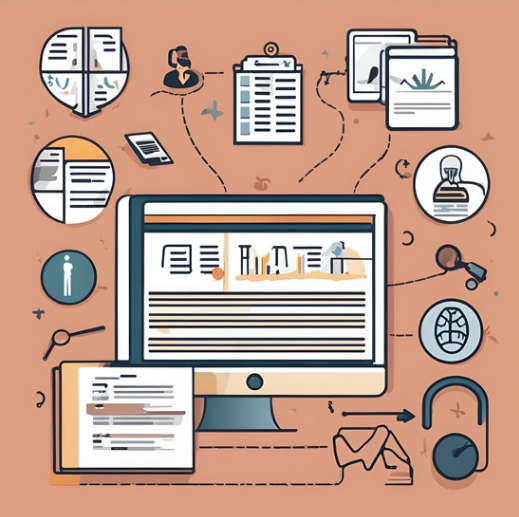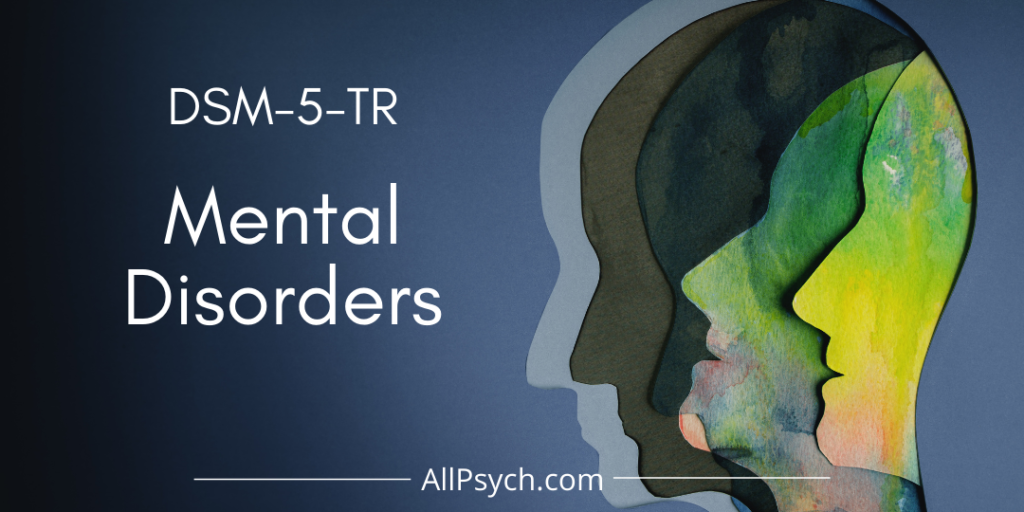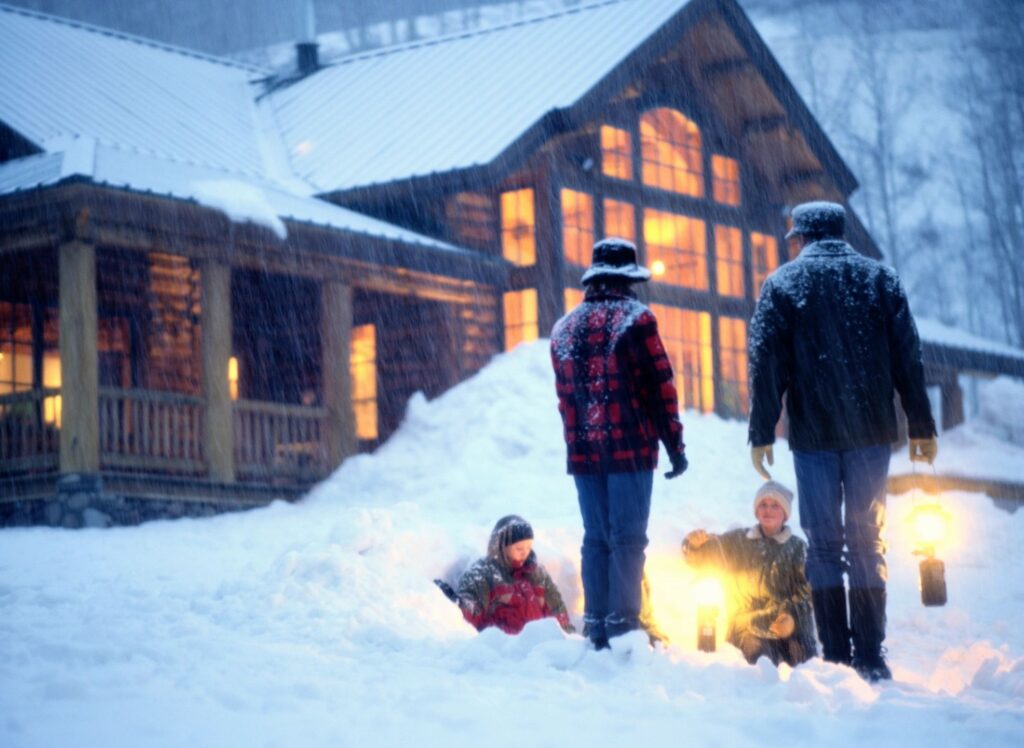Behavioral Psychology
Psychology, Mental Health, and Well-Being Handouts, Worksheets, and Infographics
ADDRESSING 3D WorksheetThe ADDRESSING Model, developed by Pamela Hays, helps people understand important social identities and how they influence us. This worksheet focuses on identifying how various cultural and social identities influence us in three dimensions – our sense of self, how …Read more
Read MoreMedia Literacy and Modern Technology
Media Psychology Technology, including social and other forms of media, is often considered neutral – its value is determined by how we use it (see Social Media is Related to Both Ill-Being and Well-Being). Finding a social group online that understands you can be a positive, life-changing, and even life-saving experience. However, becoming consumed with…
Read MoreGeneralized Anxiety Disorder
Generalized Anxiety Disorder, or GAD, involves excessive anxiety and worry about a number of events or activities that is out of proportion to the situation. The worry and worrisome thoughts are difficult to control. Adults with GAD often focuses on everyday activities such as job responsibilities, health and finances, health of family members, and misfortune…
Read MoreStudy Identifies Three Types of Low-Risk Drinkers
When psychologists investigate people’s patterns of alcohol use, they often look at what happens when alcohol use becomes a problem. They consider questions such as what might predispose people to risky drinking habits, and how risky drinking habits tip into a full-blown alcohol problem. But a new study published in Drug and Alcohol Review comes…
Read MoreThe Shape of a Glass Can Influence How Much You Drink
It’s not necessarily logical that how much food or drink you consume should depend on what dish the food or drink is served in, but people’s dietary habits aren’t always logical. In fact, a running theme in food psychology research is that environmental cues, known as nudges, can push people’s eating and drinking behaviors in…
Read MoreWhy Do People Watch Porn?
Of all the questions you might ask about pornography, “why do people watch it?” isn’t necessarily the first that comes to mind. That part seems relatively self-explanatory. But psychologists like to go beyond the obvious in understanding human behavior – hence a new study that’s out with the title Why Do People Watch Pornography? The…
Read MoreMapping People’s Perceptions of Extreme Weather in the US
By this point, meteorologists have collected enough information to build detailed maps of weather across the United States. But a team of researchers in Oklahoma and Tennessee have suggested a new kind of map that tracks what people think the weather is like in different parts of the country. The researchers were especially interested in…
Read MoreHow to Stop Touching Your Face
Do you find your hand regularly creeping up toward your head, despite recent advice from public health experts to keep your fingers and your face firmly separated? If so, you’re not alone. Even trivial habits like touching your face can prove surprisingly hard to shake. Psychologists have spent years investigating the question of how to…
Read MoreA Magic Trick That Shows How Unconscious Cues Can Influence Our Choices
Think of a card, any card… I can tell you what card it’s probably not. It’s probably not the three of diamonds. After all, there’s just a 1 in 52 chance that you’d pick that card. And in an experiment that was part of a recent study by researchers in the UK, none of the…
Read MoreHow Do People Punish Bad Behavior in Everyday Life?
When the people around us behave in ways we don’t want, there are a variety of ways we might choose to react. The most direct is to confront them about their behavior. More subtle methods might be gossiping about them to others, or quietly excluding them from social situations. A new study in the journal…
Read More









